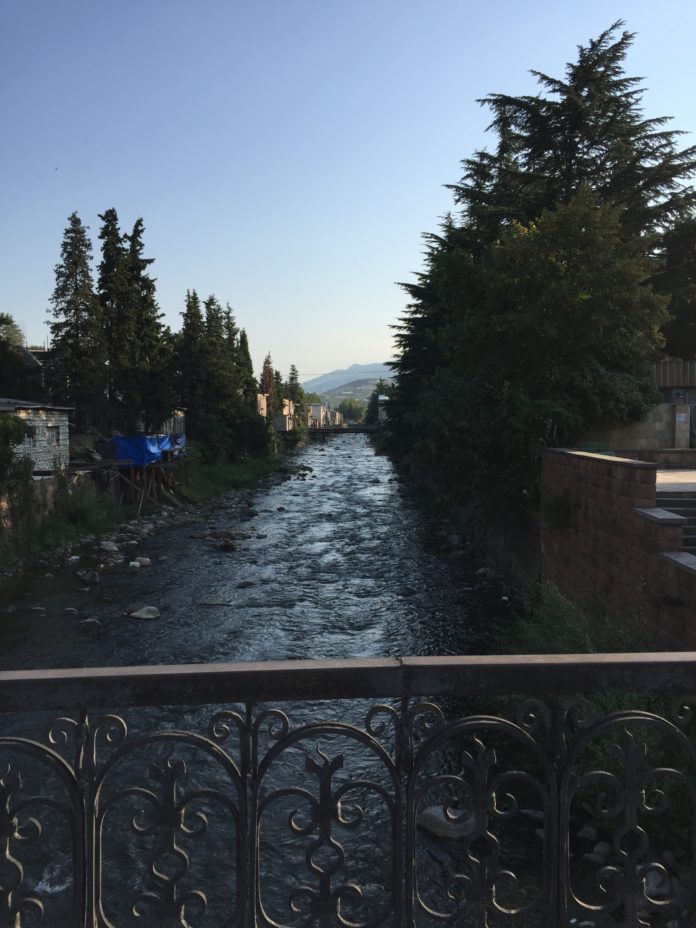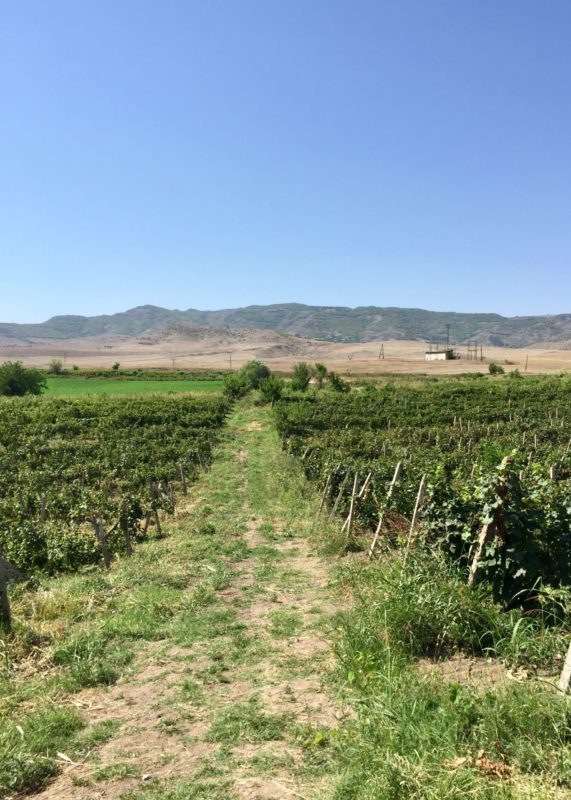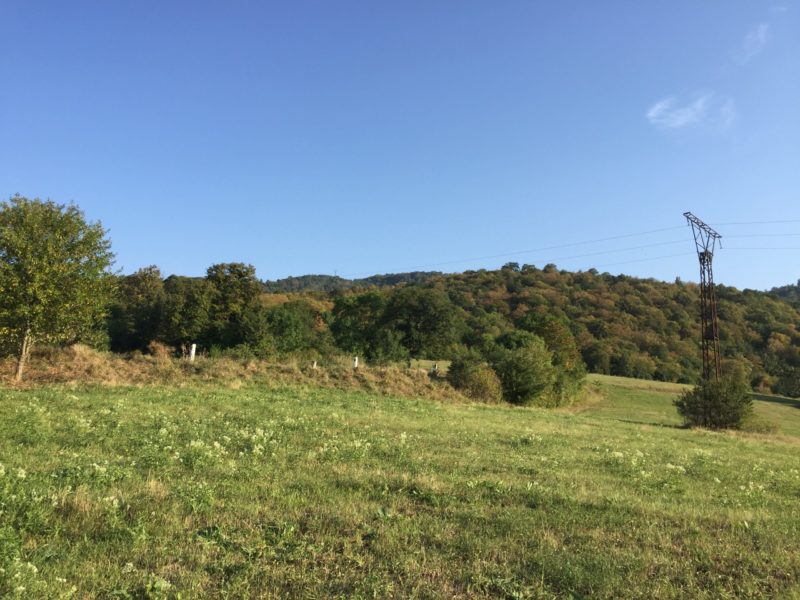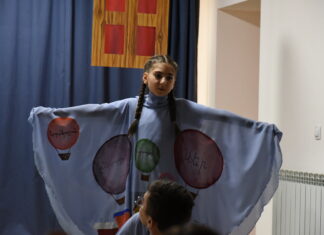Hayk Chobanyan, the Governor of Tavush Province, discusses the challenges of economic development in a province under fire.
By Mateos Hayes
Special to the Mirror-Spectator
(Editor’s Note: This is part two of a three-part story on Tavush. The interview and writing took place before the start of the September 27 attack on Armenia and Artsakh.)
BERD, Tavush Province, Armenia — Sharing a 152-kilometer border with Azerbaijan, Tavush Province faces a volatile and precarious geopolitical situation, forced to contend with the ever-present threat of enemy artillery fire combined with the daily practical challenges of development in a remote and agrarian landscape. Assuming his office of governor of Tavush in 2019, Mr. Chobanyan has had to contend with these challenges head on, especially in the wake of Azerbaijani shelling in July of this year.

Over the course of this incident, Azerbajani artillery emplacements targeted several civilian structures, including kindergartens, 94 residential structures, and a factory manufacturing masks for the coronavirus pandemic. This attack made plain the challenges of economic development in a land where any structure deemed high value can become the target of enemy shelling.










